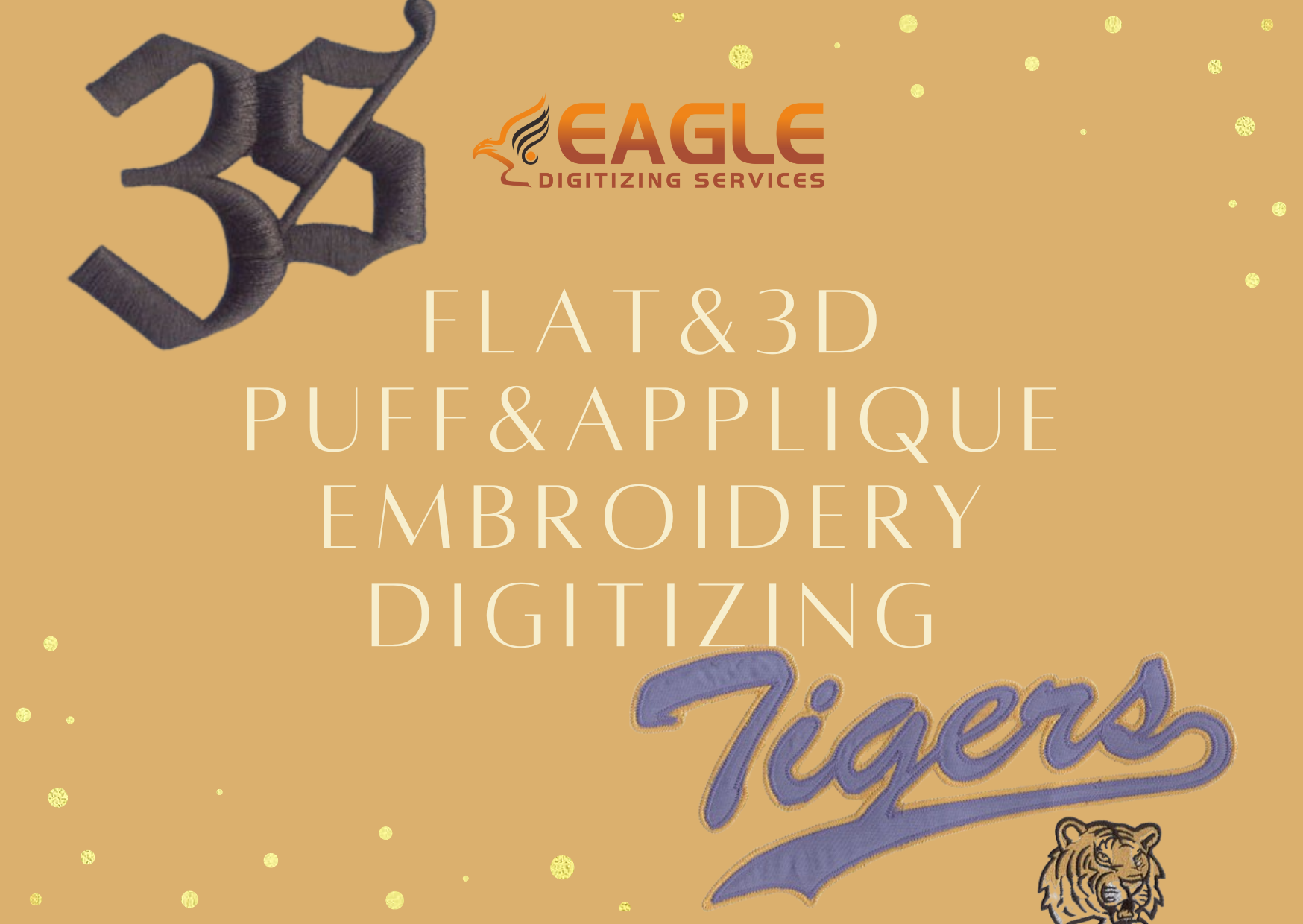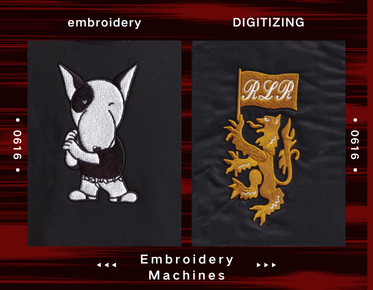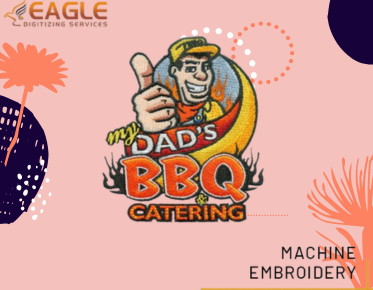How Much to Charge for Embroidery Digitizing?
Embroidery digitizing is a specialized service that involves converting artwork into a digital format that embroidery machines can read. Pricing this service appropriately is crucial for both attracting clients and ensuring profitability. The cost of embroidery digitizing can vary based on several factors, including the complexity of the design, the size of the embroidery, and the turnaround time required by the client.
Understanding the Basics of Pricing
When setting prices for embroidery digitizing, it's important to consider the time and expertise required to complete each project. Designs that are intricate or require a high level of detail will naturally take longer to digitize and may require more revisions. Therefore, these should be priced higher than simpler designs. Additionally, the size of the embroidery can affect the price, as larger designs may require more time to digitize and test.
Factors Influencing Pricing
Complexity of Design
The complexity of the design is one of the primary factors influencing the cost of embroidery digitizing. Complex designs with multiple colors and intricate details require more time and skill to digitize. As a result, they are typically priced higher than simpler designs. For instance, a simple logo might cost less than a detailed illustration.
Size of the Embroidery
The size of the embroidery also plays a significant role in pricing. Larger designs take more time to digitize and may require additional adjustments to ensure that the embroidery machine can accurately reproduce the design. Many digitizing services, like Eagle Digitizing, offer flat rates for designs under a certain size, such as 5 inches, to simplify pricing for smaller projects.
Turnaround Time
Clients often require quick turnaround times, especially for promotional events or product launches. Offering expedited services can justify higher prices, as it requires prioritizing the client's project over others. Companies like Eagle Digitizing are known for their quick turnaround times, often delivering within 24 hours without additional rush fees.
Market Rates and Competitive Pricing
Understanding the market rates for embroidery digitizing is essential for setting competitive prices. Researching what other digitizing services charge can provide a benchmark. Prices can range from as low as $10 for simple designs to over $100 for complex, large-scale projects. It's important to align your pricing strategy with the quality and speed of service you offer.
Pricing Strategies
Flat Rate vs. Variable Pricing
Some businesses prefer to offer flat rates for certain types of designs, which can simplify the pricing process and make it easier for clients to understand costs upfront. However, variable pricing based on the factors mentioned above can be more profitable and fair, as it reflects the actual work involved in each project.
Offering Discounts and Packages
To attract more clients, consider offering discounts for bulk orders or creating package deals for clients who require multiple designs. This strategy can increase customer loyalty and encourage repeat business. Additionally, providing free quotes and revisions, as Eagle Digitizing does, can enhance customer satisfaction and trust.
Conclusion
Setting the right price for embroidery digitizing requires a balance between covering your costs and offering competitive rates. By considering the complexity, size, and urgency of each project, you can develop a pricing strategy that meets the needs of your clients while ensuring your business remains profitable. As the demand for personalized and branded embroidery continues to grow, staying informed about industry trends and adjusting your pricing accordingly will be key to maintaining a successful digitizing service.



